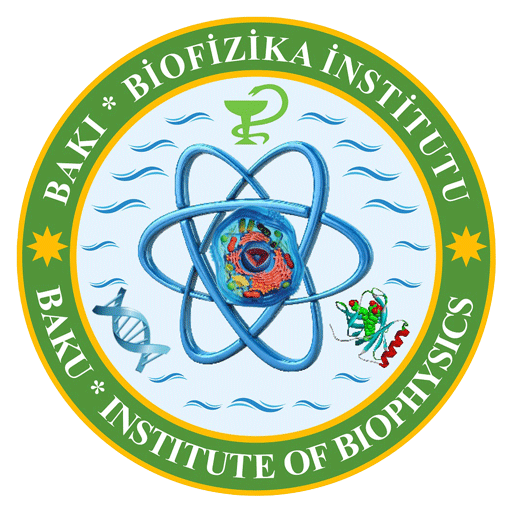
What should be done to strengthen the fight against corruption?
Corruption is the involvement of authorized individuals or groups in government agencies in large-scale criminal activities by making small changes to legal provisions and other regulations. Corruption can be related to money or other interests but is not directly executed through money. Corruption is a crime carried out by exploiting certain privileges or statuses. Corruption can be classified into several types based on its scope and the areas it affects. The main types include grand corruption, petty corruption, political corruption, and business corruption.
Grand corruption involves the abuse of power by high-ranking officials. In this case, small groups holding high positions in the government enrich themselves at the expense of the population. Consequently, significant harm is inflicted on both individuals and society as a whole.
Petty corruption is observed in the daily interactions between officials and citizens. In this case, bribes are taken for the provision of public services such as healthcare, education, and other social services. An example of petty corruption is a teacher demanding a bribe from a student for a good grade.
Political corruption entails the manipulation of government policies, decisions, and laws. Through this means, authorized individuals protect or increase their positions, statuses, or wealth.
Business corruption occurs in the private sector during business relations between companies. For instance, a large company announces a competition for a particular job. The winner of the competition is determined not by competition but by personal connections or who agrees to pay a "kickback."
Corruption is not only morally and legally wrong but also a serious barrier to economic development. By ensuring transparency, countries encourage ordinary people to engage in business, making the country attractive to both domestic and foreign investors.
In countries lacking transparency, funds allocated to critical areas such as healthcare and education are spent not according to their intended purpose but for the benefit of officials and their business connections. As a result, a significant portion of the budget is not spent on areas where people need it most. Teachers, doctors, workers, and everyone else suffers from this.
Corruption is a global problem. As you can see, it exists in various sizes and forms. Therefore, combating corruption is a priority for both leading international organizations and states.
In our country, the body established to prevent such incidents is the "Commission on Combating Corruption of the Republic of Azerbaijan." This Commission was established based on Article 4.2 of the Law of the Republic of Azerbaijan and functions as a specialized body to combat corruption, performing relevant duties. The Commission operates in accordance with the Constitution of the Republic of Azerbaijan, international treaties to which the Republic of Azerbaijan is a party, the laws of the Republic of Azerbaijan, and other normative acts.
Conventions joined by the Republic of Azerbaijan:
1. Convention against Corruption
2. Criminal Law Convention on Corruption
3. Civil Law Convention on Corruption
Laws of the Republic of Azerbaijan:
1. On Combating Corruption
2. On Rules of Ethical Conduct for Civil Servants
3. On Citizens' Appeals
Direct corruption offenses:
1. A public official demanding, receiving, or accepting offers or promises of material or other benefits, privileges, or concessions directly or indirectly for performing or refraining from performing any action related to their official duties, either for themselves or for third parties.
2. Offering, promising, or giving material or other benefits, privileges, or concessions directly or indirectly to a public official or a third party for performing or refraining from performing any action related to their official duties.
3. Using illegally acquired property by a public official or third parties for profit in connection with the performance or non-performance of any action related to their official duties.
4. Obtaining material or other benefits, privileges, or concessions without payment or at prices (tariffs) below market or state-regulated prices in connection with the performance or non-performance of any action related to their official duties.
5. Receiving income from deposits, securities, rents, royalties, or leases contrary to the legislation of the Republic of Azerbaijan in connection with the performance or non-performance of any action related to their official duties.
6. Offering, promising, or giving material or other benefits, privileges, or concessions directly or indirectly to a person who claims to have the ability to unlawfully influence a public official's decision in exchange for a certain reward.
7. Accepting or receiving offers or promises of material or other benefits, privileges, or concessions, or accepting offers or promises of such benefits, privileges, or concessions in exchange for unlawfully influencing a public official's decision in connection with the performance or non-performance of any action related to their official duties.
